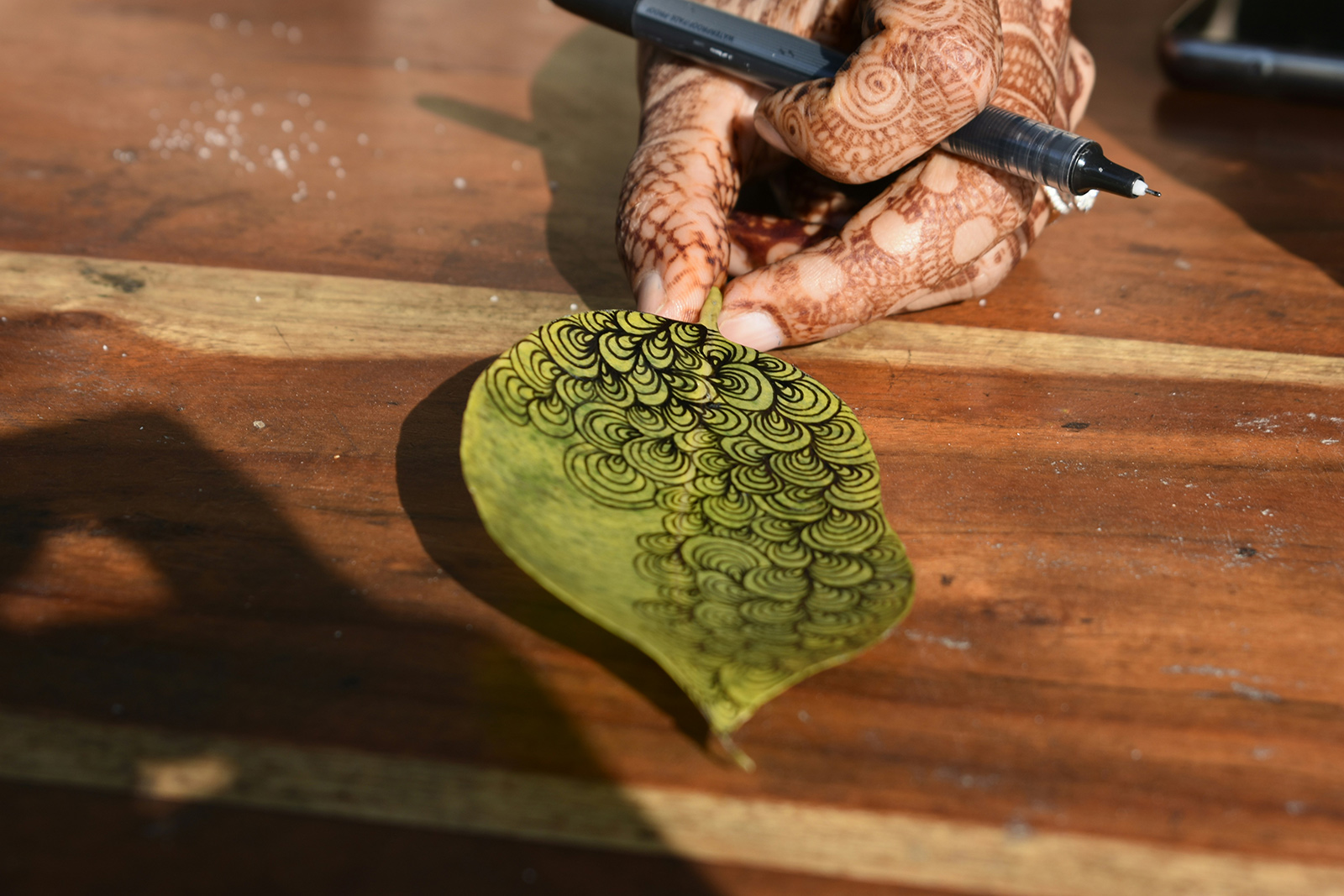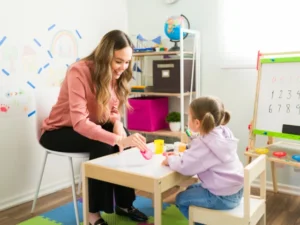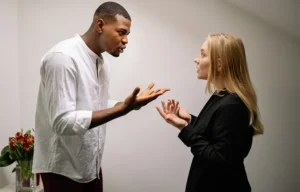 We’ve all heard the popular expression that opposites attract.
We’ve all heard the popular expression that opposites attract.
And it’s true. In fact, you’ve probably experienced it firsthand. There’s a kind of allure about somebody who seems entirely different from ourselves. They see things differently and there’s a kind of thrill of the unkown about them. It draws us in, oftentimes because we sense intuitively that those exact differences are what we need to feel more fulfilled.
But time goes by, and all too often, those very differences can become sources of conflict and tension. That “cute” snore suddenly isn’t so cute anymore. Stimulating debates might begin to feel like annoying arguments. And disagreement can turn into lingering resentment.
But, despite the challenges, there’s actually profound opportunity for growth and enrichment within relationships like these.
Embracing Differences
If you’re in a relationship that started out as an “opposites attract” proposition, take a moment to think about this: what was it really that attracted you?
Most often, the attraction stems from the intrigue and excitement of discovering someone who offers us new perspectives and ways of being. When partners come from diverse backgrounds or possess contrasting traits, they offer each other a fresh lens through which to view the world. And that diversity is the very thing that can lead to a more balanced and enriching dynamic. You sense, deep down, that this is a wonderful opportunity for fostering personal development and finding mutual understanding.
Broadening Perspectives
One of the most significant benefits of being in a relationship with someone different is the opportunity to broaden your perspectives. Each partner brings their own unique insights to the table – and a perspective based on their individual history and experience of the world we live in.
In a sense, we begin to see the world through new eyes. There’s a feeling of wonder and often newfound respect for things we hadn’t considered. The relationship is enriched, because we learn how to communicate more openly and embrace the fact that we aren’t all the same.
So, what could go wrong?
Sometimes, dissatisfaction develops because we expect our partners to come around to our way of thinking, or at least settle on a middle ground – and that doesn’t always happen the way we’d like it to.
Creating Opportunities for Learning
One of the drawcards of a relationship characterized by differences is that there’s ample opportunity for learning and growth. By nature, we’re curious: we love to discover new things.
Maybe it’s exposure to a different culture or background. By sharing our knowledge and expertise, we expose each other to new ideas and experiences. It’s a journey of discovery: trying a new hobby, exploring a different culture, maybe talking about things we’re not familiar with. That journey of discovery becomes a shared adventure that can strengthen the bond between partners and give rise to a new, shared journey.
We All Love Excitement
The contrast between partners most always infuses a relationship with a sense of excitement and spontaneity. The interplay of different personalities and interests keeps things dynamic and engaging. Rather than stagnating in familiarity, being in an “opposites attract” kind of relationship means that we’re drawn toward exploring new avenues and pushing past the boundaries of our own comfort zones.
Enhancing Problem-Solving
So, differences in outlook can sometimes lead to conflict – but they also provide an opportunity for problem-solving and creative compromise. By approaching challenges from diverse perspectives, couples can consider solutions that address the needs and concerns of both partners. Learning to navigate disagreements constructively actually strengthens the relationship and fosters a sense of mutual respect and collaboration.
If this is done willingly, it works really well. But if it’s approached as a question of “who wins”, it can lead to resentment and unhappiness.
Therapy Approaches for Couples
When differences and disagreements arise, navigating the complexities of a relationship often requires support and guidance. There are several therapeutic approaches within couples counseling that offer valuable tools and insights to help couples strengthen the bond of their relationship and overcome challenges:
The Gottman Method
The Gottman Method is a research-based approach that focuses on building friendship, managing conflict, and creating shared meaning within relationships. Through structured exercises and interventions, couples learn to strengthen their emotional connection, improve communication, and foster mutual understanding. By developing essential skills like active listening and empathy, partners can navigate differences more effectively and cultivate a deeper sense of intimacy.
Emotionally Focused Couples Therapy (EFT)
Emotionally Focused Couples Therapy centers on the emotional connection and bonding between partners. By exploring underlying emotions and attachment needs, couples can identify and address the underlying patterns that drive their behavior. EFT encourages partners to express vulnerability and needs openly, fostering a secure emotional bond that forms the foundation of a healthy relationship. Through guided conversations and experiential exercises, couples learn to communicate more effectively and strengthen their emotional intimacy.
Cognitive Behavioral Therapy (CBT)
Cognitive Behavioral Therapy targets negative thought patterns and behaviors that may contribute to relationship challenges. By examining and challenging unhelpful beliefs about oneself and one’s partner, individuals can develop more constructive ways of thinking and relating. CBT also emphasizes practical, solution-focused strategies for improving communication and problem-solving skills. By fostering self-awareness and empowering individuals to take proactive steps toward positive change, CBT can help couples navigate differences and build a more fulfilling relationship.
What if my Partner Won’t Commit to Therapy?
The answer is to start anyway. Let’s chat.
When you enter into individual therapy, you’re able to gain valuable insights into your own thought patterns, emotions and behaviors. By having a set of tools and the right emotional support, it becomes far easier to approach potential conflicts in ways that are less triggering and more solution-focused. The increased self-awareness often also creates the environment for more effective communication and understanding within a relationship.
In additon to learning how to betternavigate conflict and develop greater personal resilience, individual therapy can also sometimes create a “ripple effect”, where the change and personal growth in one partner begins to positively affect the other partner. The benefits of individual therapy, coupled with the principles of couples therapy, create a comprehensive approach to fostering a thriving relationship.
It Begins With You
At My Therapy ConnectionTM, our skilled therapists are equipped to sensitively and expertly treat individuals in difficult relationships.
The most important thing you can do is to take that first step. Whether you’re experiencing severe relationship stress, or would like to strengthen and build on an already great relationship with your partner, we’re here to help.
To find out more, simply make that call and contact us today. We offer a free, no-obligation introductory call that enables you to get to know us and for us to determine how best we can serve your needs.
Here’s to great relationships!




